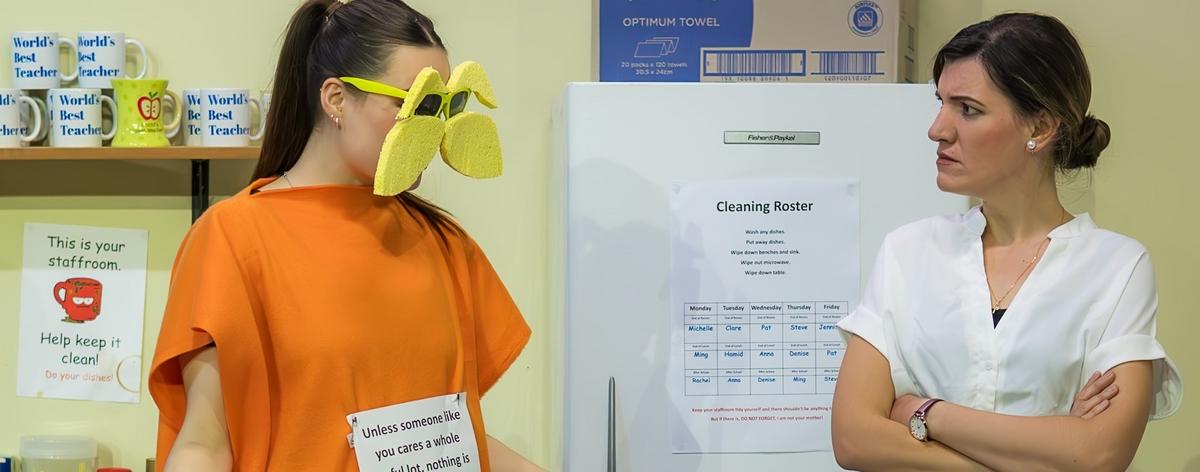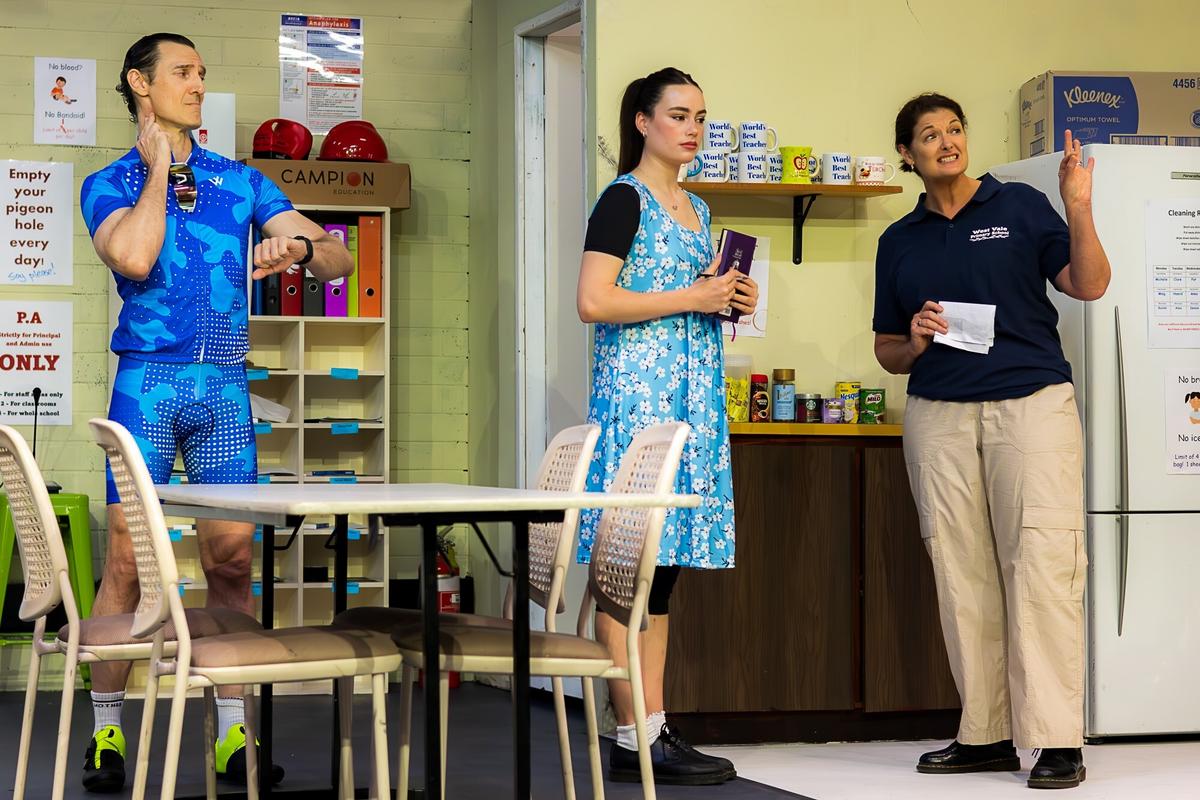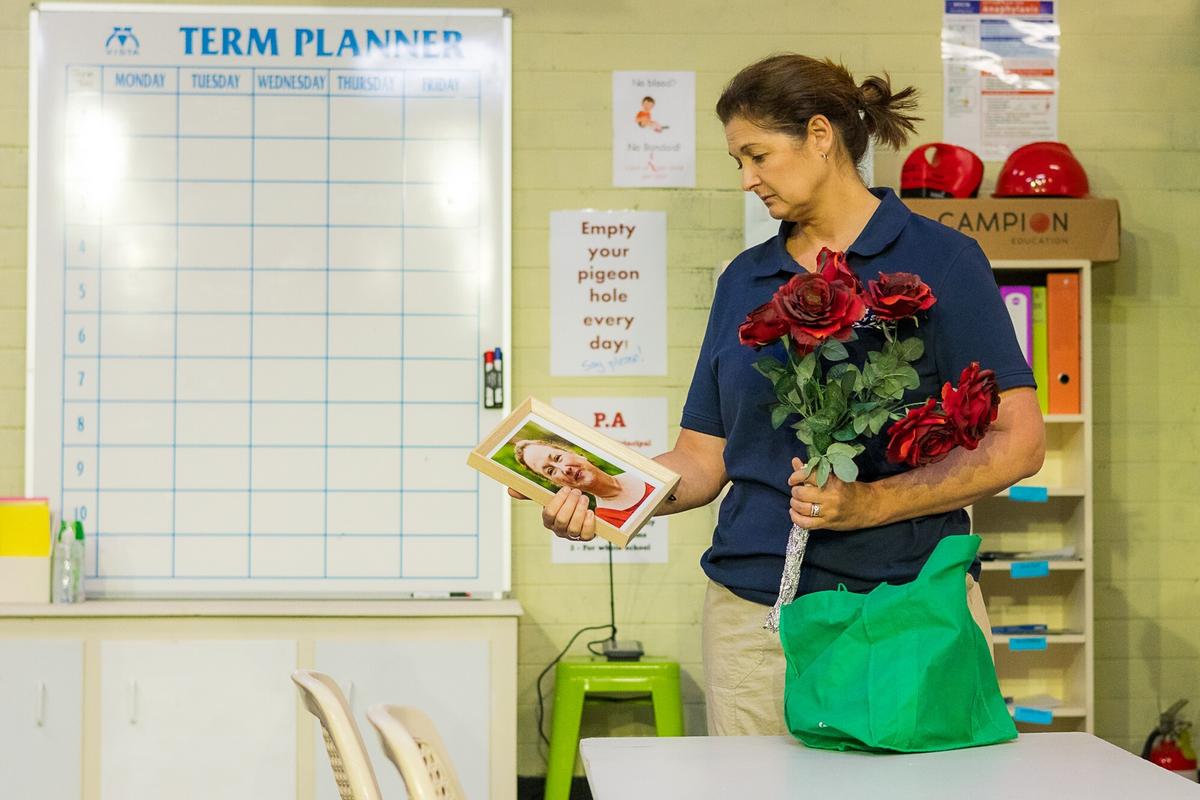Keeping it simple, stupid is never as simple as it sounds. Especially if you’re Andrew Barnett (aka Barney), where life is anything but simple as the father of two teenage boys who don’t yet appreciate that the ultimate sign of coolness is being able to drive yourself to the shops to buy stuff with your own money.
Ah, yes, the woes of being middle-aged while surrounded by teenagers and TikTok is the comedic stuff that dreams are made of, and Barney nails it with his wry outlook that anyone over 30 will relate to. Warning: If you have the audacity to show up below the age of 30, it’s probably best that you don’t sit in the two front rows.
His ease of delivery makes it feel like you’re just chatting at the pub, where he’s doing most of the talking. Barney’s effortless style is down to an extensive career since 2010 as a stand-up comedian, writer and media personality, including TV, radio and podcast appearances.



He currently co-hosts the Not Another F#ing Rugby League Podcast and is a familiar voice on SEN radio, aired in New South Wales and Queensland, when he’s not performing at high-profile sporting, comedy, music and fringe festivals around the country.
Reigning from Sydney to join the Perth Comedy Festival on 2nd and 3rd May, and performing upstairs of the Regal Theatre in the Regal Chorus Room is the perfect setting for Barney’s laid-back banter.
He returns to Sydney for the Sydney Comedy Festival on 8 & 9th May. Keep an eye out at various Perth venues, including The Rechabite and Comedy Lounge, for his quick-witted, relatable and endearing observational humour.
Performances: 2nd – 3rd May 2025, 7pm
Regal Theatre, Regal Chorus Room, 474 Hay Street, Subiaco
Tickets: $41.58
The Perth Comedy Festival runs from 21 Apr to 18 May. To book tickets to a show, please visit https://www.perthcomedyfestival.com/.














